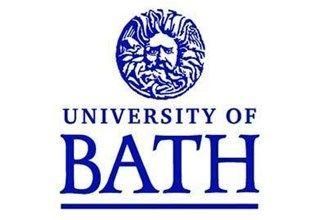
Msc Automotive Engineering With Business Management
University of Bath, Bath


University of Bath, Bath

Msc Automotive Engineering With Business Management
University of Bath, Bath
It is a top-ranked institution verified by QS
Degree
Postgraduate
Duration
12
Course Type
With Co-op
Co-op education gives you real-world experience in a job related to your studies.
Opening Soon